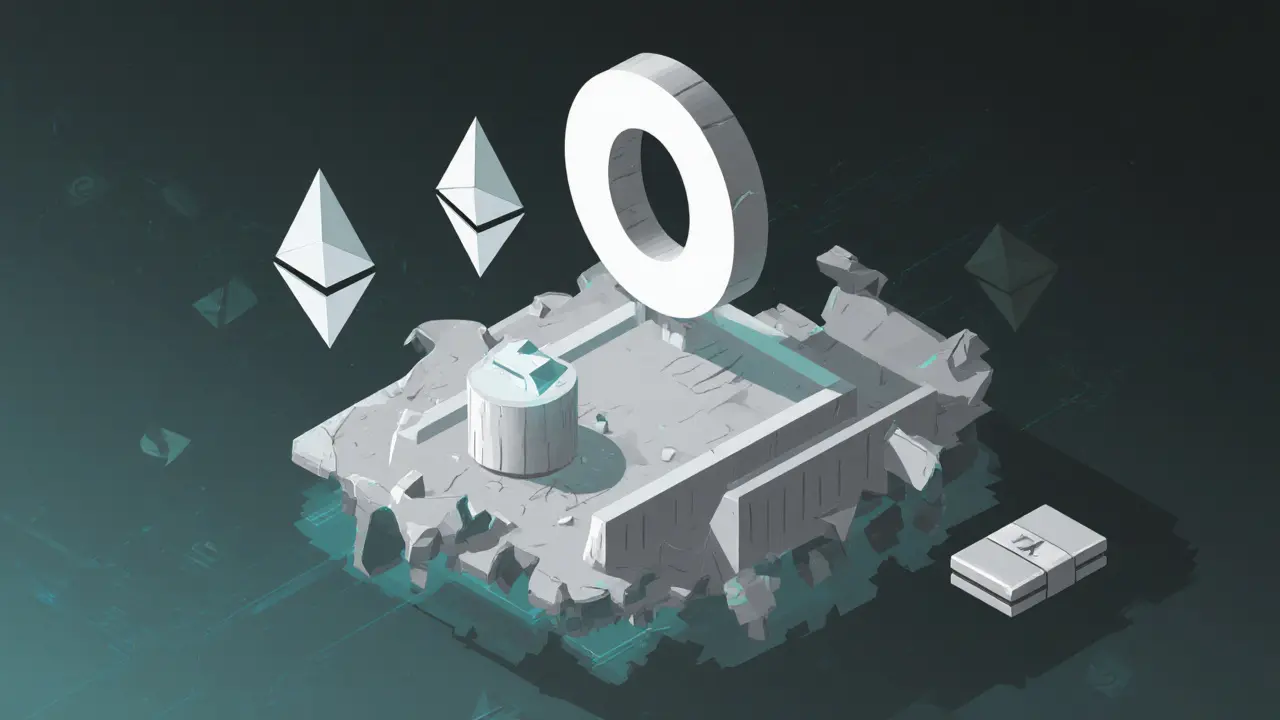AfroDex Review: What It Is, Why It Matters, and What You Should Know
When people talk about AfroDex, a proposed decentralized exchange targeting African crypto users. Also known as AfroDEX, it’s often mentioned alongside other DEXs like PancakeSwap or Verse — but with a focus on local access, low fees, and mobile-first design. The idea sounds simple: give Africans a way to trade crypto without relying on global platforms that block them or charge high fees. But here’s the catch — there’s no verified launch, no public smart contract, and no active community tracking its progress. That’s why so many are asking: is AfroDex real, or just another ghost project?
What makes AfroDex different isn’t just its name. It’s tied to a bigger story — African crypto adoption, the rapid rise of digital currency use across countries with unstable banks and strict capital controls. In Nigeria, over 30 million people use crypto to send remittances. In Kenya, P2P trading on Binance outpaces traditional banking. In Ghana and South Africa, young users are turning to DEXs to escape inflation. AfroDex was supposed to be the homegrown answer — a platform built by Africans, for Africans, running on low-cost networks like BSC or Polygon. But unlike PancakeSwap or Verse, which have clear code, audits, and user bases, AfroDex has no public proof it exists beyond forum posts and social media hype.
Then there’s the decentralized exchange, a peer-to-peer crypto trading platform that doesn’t hold your funds. DEXs like Uniswap or Curve let you trade directly from your wallet. They’re safe if you know what you’re doing. But AfroDex claims to be one — without showing its code, without listing its tokens, without even a working website. That’s not innovation. That’s risk. And it’s exactly the kind of thing scammers exploit. People in Africa are already targeted by fake airdrops, fake exchanges, and fake Telegram groups promising free tokens. If AfroDex is real, where’s the proof? If it’s fake, why does it keep popping up in search results?
Meanwhile, blockchain in Africa, the growing use of distributed ledger tech for payments, land records, and remittances. is moving forward — not because of hype, but because it solves real problems. Projects like M-Pesa on blockchain, or the Nigerian Naira’s digital twin, are real. They have teams, partnerships, and users. AfroDex doesn’t. It’s a name without a product. And in crypto, names without products vanish fast.
What you’ll find below isn’t a review of AfroDex — because there’s nothing to review. Instead, you’ll find real stories from African crypto users, honest takes on DEXs that actually work, and warnings about projects that sound too good to be true. If you’re looking for a safe way to trade crypto in Africa, you don’t need hype. You need tools that exist, teams that answer, and code you can check. That’s what this collection delivers.
AfroDex Crypto Exchange Review: A Dead DEX with Zero Trading Volume
AfroDex is a dead crypto exchange with zero trading volume and zero circulating supply of its AfroX token. Learn why this 2019 project failed completely and why you should avoid it.
Details +